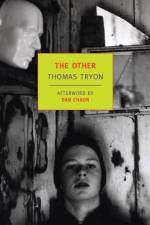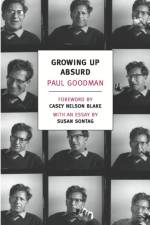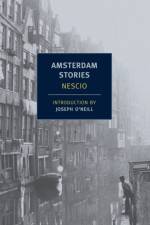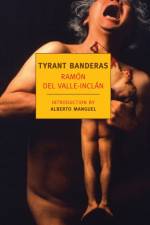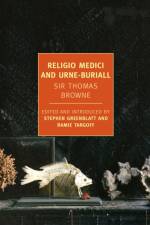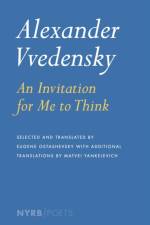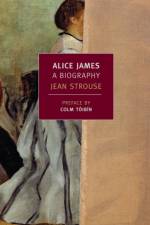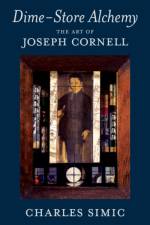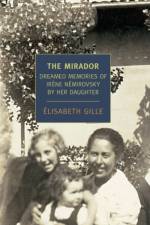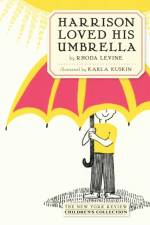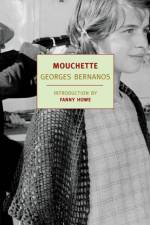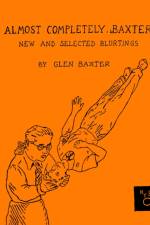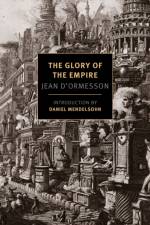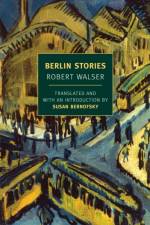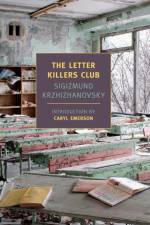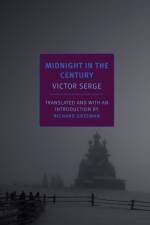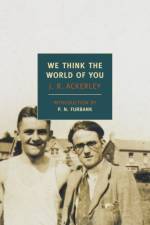av Elisabeth Gille
179
A New York Review Books Original Élisabeth Gille was only five when the Gestapo arrested her mother, and she grew up remembering next to nothing of her. Her mother was a figure, a name, Irène Némirovsky, a once popular novelist, a Russian émigré from an immensely rich family, a Jew who didn't consider herself one and who even contributed to collaborationist periodicals, and a woman who died in Auschwitz because she was a Jew. To her daughter she was a tragic enigma and a stranger. It was to come to terms with that stranger that Gille wrote, in The Mirador, her mother's memoirs. The first part of the book, dated 1929, the year David Golder made Némirovsky famous, takes us back to her difficult childhood in Kiev and St. Petersburg. Her father is doting, her mother a beautiful monster, while Irene herself is bookish and self-absorbed. There are pogroms and riots, parties and excursions, then revolution, from which the family flees to France, a country of "moderation, freedom, and generosity," where at last she is happy. Some thirteen years later Irène picks up her pen again. Everything has changed. Abandoned by friends and colleagues, she lives in the countryside and waits for the knock on the door. Written a decade before the publication of Suite Française made Irène Némirovsky famous once more (something Gille did not live to see), The Mirador is a haunted and a haunting book, an unflinching reckoning with the tragic past, and a triumph not only of the imagination but of love.

